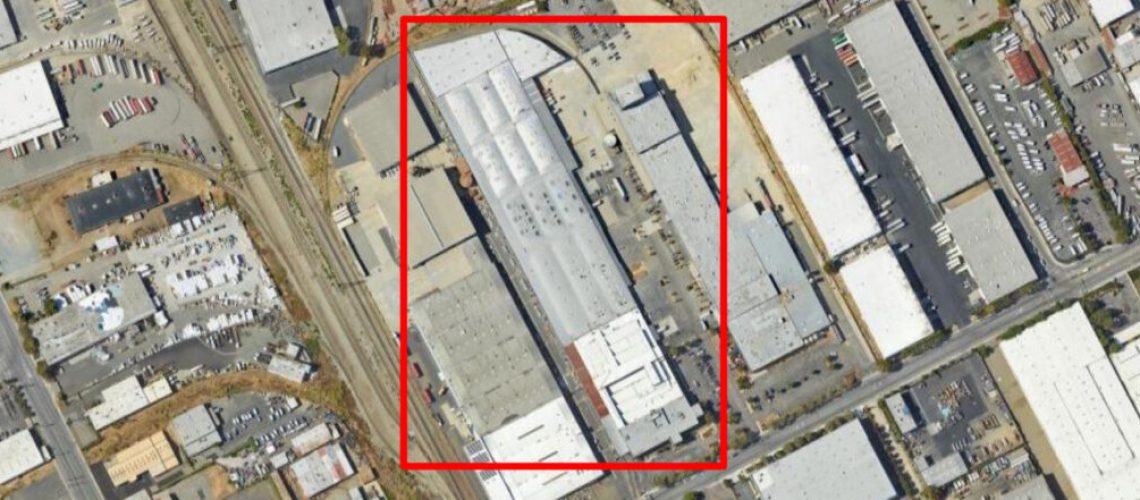San Jose-based Lyten has acquired lithium metal battery technology company Cuberg from Swedish manufacturer Northvolt, which is battling to reduce costs. Lyten will spend up to $20 million developing a 200 MWh annual capacity of ‘Made in America’ batteries.
From pv magazine’s ESS News
San Jose-based lithium sulfur battery maker Lyten has acquired the production facilities of Cuberg, the lithium metal battery technology company shuttered by troubled Swedish battery maker Northvolt in August 2024.
Lyten, which manufactures US Department of Defense-compliant batteries, including for drones, has announced it will invest “up to $20 million” in 2025 converting Cuberg’s San Leandro production facilities to lithium sulfur manufacture and expanding the site to an annual production capacity of 200 MWh.
Lyten, which also produces “Made in America” batteries for micromobility applications such as e-bikes, issued a press release about the Cuberg acquisition on Nov. 13, 2024 which stated commercial production at San Leandro should begin in the second half of 2025.
The move is part of a rapid expansion by Lyten, which in October 2024 announced plans for a 10 GWh gigafactory in Reno, Nevada, the first phase of which should be operational in 2027.
Explaining the ramp up, Lyten CEO and co-founder Dan Cook said the company’s customer pipeline had grown ninefold since the start of 2024. The acquisition of Cuberg make sense as lithium sulfur products can be manufactured on lithium-ion battery production lines, as Lyten Chief Battery Technology Officer Celina Mikolajczak explained.
The fact Lyten’s products contain no nickel, cobalt, manganese, or graphite means they can be manufactured from a United States supply chain, ensuring they are compliant with the 2024 National Defense Authorization Act and are in line with the incentive requirements of the Inflation Reduction Act.
Lyten claims its energy dense lithium sulfur products are up to 40% lighter than lithium-ion products and up to 60% lighter than lithium ferro-phosphate devices, making them useful for micromobility and drone applications. The company is demonstrating its products in unmanned aerial vehicles developed by defense manufacturer AEVEX Aerospace and will have products tested on the International Space Station in 2025.
Continue reading this article on ESS News…



